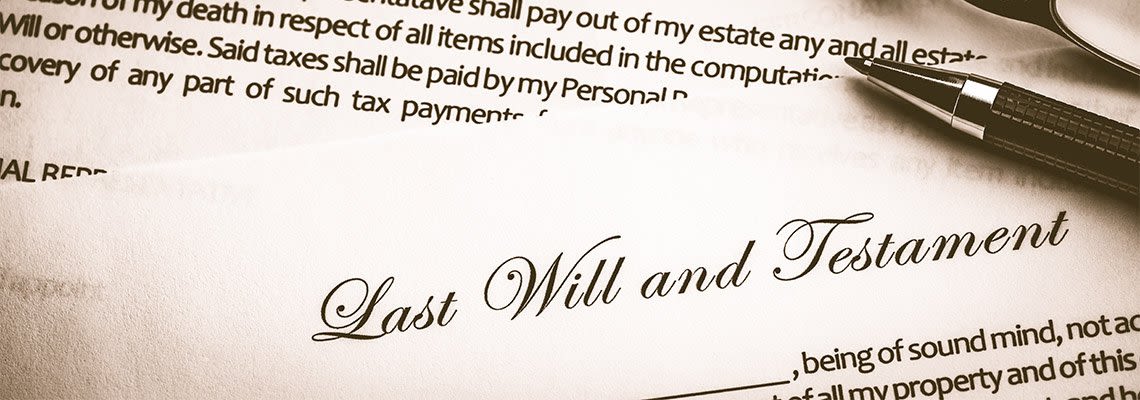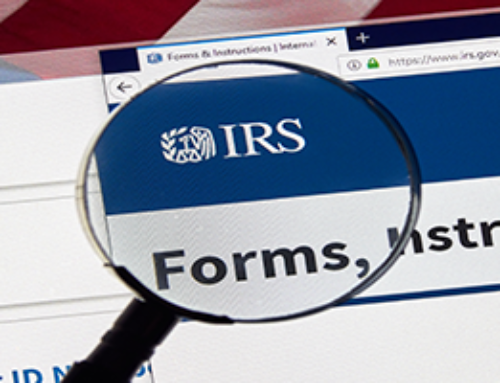To have basic estate documents or not.
This is the story of a millionaire widow named Mary Tutworth (whose name has been changed to protect her identity) who died without a Will about ten years ago. Her husband Mr. Tutworth was a wealthy clothier from New York City. The Tutworths settled in a nice North Jersey suburb. They had no children but Mrs. Tutworth had many relatives in the United States, many of which she was not even aware.
Mr. Tutworth, being the man of the house and man about town, took care of all aspects of the family finances and amassed many millions of dollars in assets including their multimillion dollar home. When Mr. Tutworth died, Mary had no problem living in the manner in which she was accustomed – that is until she become incapacitated. By the time the local Board of Social Services visited her, she was living in deplorable conditions with her dead brother.
Two of Mary’s closest relatives were named co-guardians: Frank from New Hampshire was named guardian of Mary’s assets and Jennifer from New York was named guardian of Mary’s person. In a short while, about four years later, Frank died , leaving Mary’s finances in shambles. Jennifer then took over full guardianship and took the next several years trying to put together Mary’s finances. Before that happened, Mary died without a Last Will and Testament.
In another four months, Jennifer was appointed administrator of the Mary Tutworth estate. In New Jersey, like many states, when someone dies without a Will, every single person that is related to the deceased gets a piece of the estate. The closer you are to the deceased, the bigger part of the pie you receive. What that means is that the personal representative of the estate, here the administrator Jennifer, has the unenviable task of piecing together a family tree from whatever information she can find. In this case, the local New Jersey relatives made themselves known loud and clear. The relatives in other states took years to locate by which time the local relatives hired local counsel to sue the administrator for failing to administer the estate in a timely fashion. Finally, after years of litigation, the estate was settled, not without the expenditure of thousands of dollars in legal fees on both sides. The problems started with the administrator engaging counsel without adequate knowledge and experience in handling an estate of this size. The Federal Estate, New Jersey Estate, New Jersey Inheritance tax returns were either filed late and or erroneously since the correct relationship to the deceased was not initially determined resulting in unnecessary penalties and interest. Taxes were paid by the estate that should have been paid by some beneficiaries since the administrator failed to collect taxes from beneficiaries who received non probate assets. These are only some of the problems the administrator experienced in closing out this intestate estate.
Many if not all of the problems experienced by this administrator could have been avoided if only Mary had executed a Last Will and Testament before she become incapacitated. She could have named the Executor of her choice and left the estate to the persons she so desired, thereby making it simple to ascertain immediately who the beneficiaries were and their relationship to the decedent. Given the size of the estate, she could have been creative and perhaps conveyed part of the estate during or after her life to a trust to be administered for the benefit of her chosen charity or other beneficiary.
If you don’t have a Last Will and Testament, then let your New Year’s Resolution be to execute one. While you are at it, why not also execute a Durable Power of Attorney so that someone you trust handles your affairs should become incapacitated and finally, a Living Will wherein you name someone to act as your health care representative to make health care decisions when you cannot. Have a blessed Holiday, Christmas season and Happy New Year knowing you have taken care of these essential estate documents.




